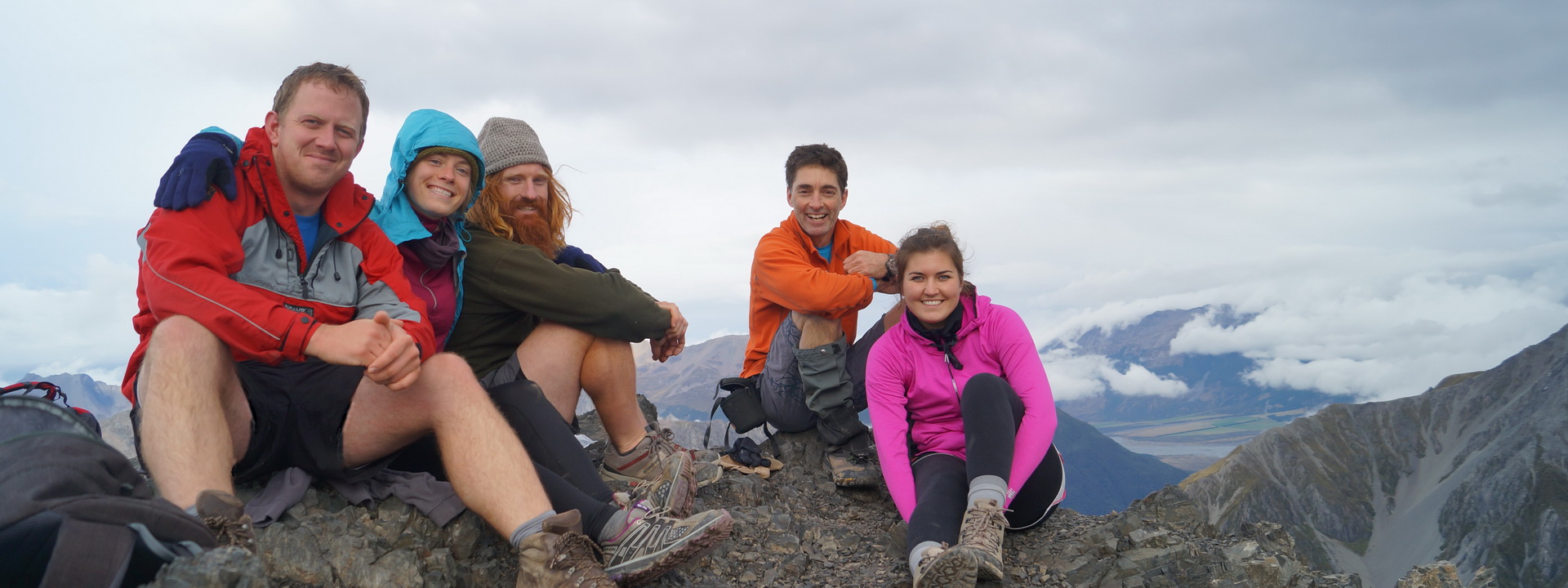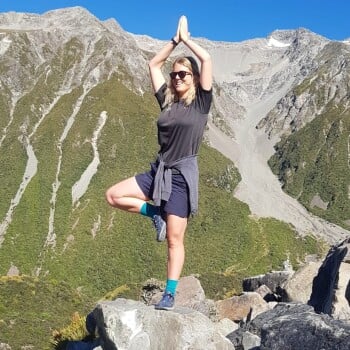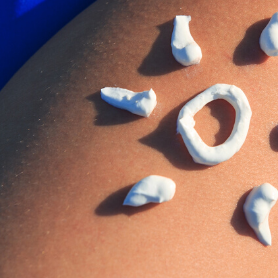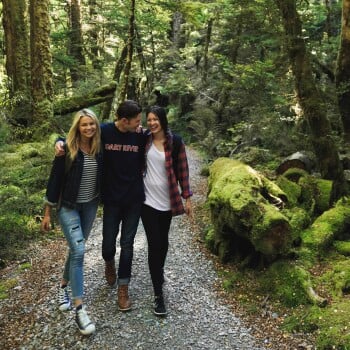- About Us
-
Trips
-
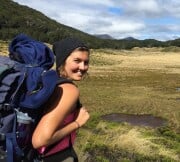 Kiwi-Style Hiking
Kiwi-Style Hiking
-
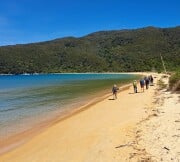 Great Walks
Great Walks
-
 Hiking Tours
Hiking Tours
-
Alpine Hikes
-
Custom Groups
- Huayhuash Trek
- Family Northern Explorer
- Family Southern Explorer
- Lake Waikaremoana Hike
- Women's Custom Tours
- Women's Southern Wilderness
- Coast, Canyons and Mountains
- Coastal Wanderer Custom Tour
- Don't Cross the Ladies
- Secret South Custom Tour
- Tekapo Hike
- West Coast Custom Tour
- World Heritage Custom Tour
-
- Blog
- Shortlist
- About Us
- Trips
- Blog
- Shortlist

Jul 19, 2024
When travelling to a new place, it’s essential to brush up on common terms of the local language. You best know how to order lunch, hail a cab, say hello and find the train station.
It’s just as important when coming to New Zealand, especially for those from English speaking countries to familiarise themselves with the language used here. You may think you have a leg up as an English speaking North American for example, but when someone hits you with a ‘yeah yeah nah nah’, the whiplash could send you to hospital and you still won’t know if the answer was a yes or a no.
To reduce the intense culture shock upon your arrival down under, or worse, the potential strain on your travel insurance, we’ve taken the liberty of compiling a list of kiwi slang with translations to encourage a smooth transition into Kiwiana.
To simplify this list (which is by no means exhaustive), let’s categorise these slang terms.

Kiwi slang for hiking and the outdoors in New Zealand
Tramping - you will not be hiking in New Zealand. You will be tramping if you’re in New Zealand. Let me make myself perfectly clear.
Scroggin - ever heard of trail mix? Well, kiwis haven’t. Mix some nuts and dried fruit together, and you’re ready for a tramp complete with scroggin!
Chilly Bin - you might be keen to keep your food cold for a day on the beach. Known elsewhere as a cooler or esky, a chilly bin will do the trick. It’s also the perfect place to keep your stubbies cool. What are stubbies you ask? Stubbies are bottles of beer. Or short shorts that farmers wear. But you shouldn’t find those stubbies in the chilly bin.
Gumboots - No farmer's outfit is complete without stubbies and gumboots (and maybe a stubby in hand). Gumboots are known elsewhere as rubber boots or Wellington boots or wellies. Keeping up?
Jandals - flip flops. Apparently the word jandals originates from their East Asian counterparts - Japanese sandals. But some kiwi told me that while sipping on a stubbie in his stubbies, so it might not be 100% true.
Togs - obviously this means swimsuit!
Wop Wops - the middle of nowhere. You could end up in the wop wops while hik… tramping (mhmm pardon me) in New Zealand, which is yet another reason why you should always pack extra scroggin.
While the list of kiwi slang goes on, I think this is a great start. Hopefully when you come to explore New Zealand, you’ll have an idea of what the supermarket employee means when you ask if they have chocolate marshmallow fish in stock and they respond with ‘yeah nah’!
Māori in everyday use
Māori is one of Aotearoa New Zealand’s official languages (English, is not one of them). Many hiking routes, high country areas, towns and cities have Māori names, and more have returned to the use of their pre-colonisation names and the use of Te Reo Māori is becoming more and more commonly used in everyday conversation.
There are a number of YouTube videos, TikToks, reels and so on, where you can learn how to pronounce Māori words. Here are some words you’ll be able to use out on your hikes:
Awa - river
Rākau - tree
Hīkoi - walk or hike (tangata hīkoi is a hiker, or trekker)
Maunga - mountain
Moana - sea (kai moana is food that comes from the sea)
Wai - water (also refers to rivers, streams and creeks)
Manu - bird
Kai - food
Hopuni - camp, shelter or hut


